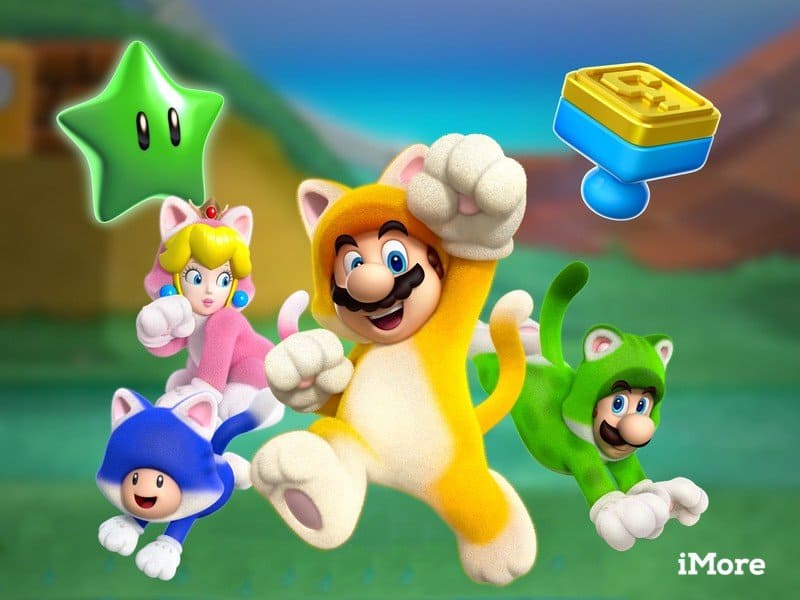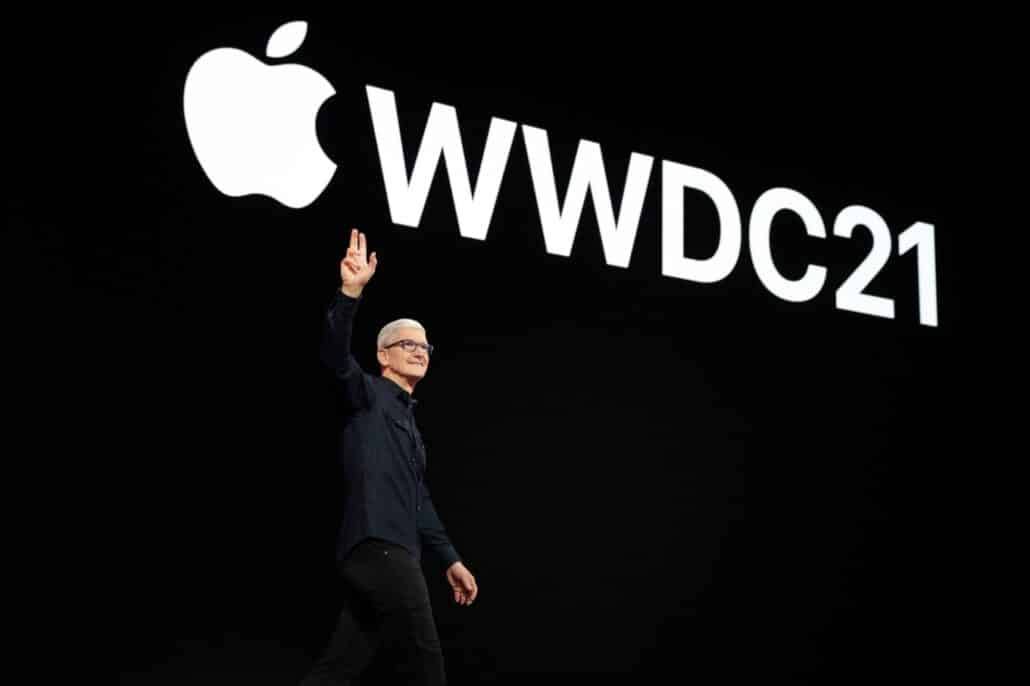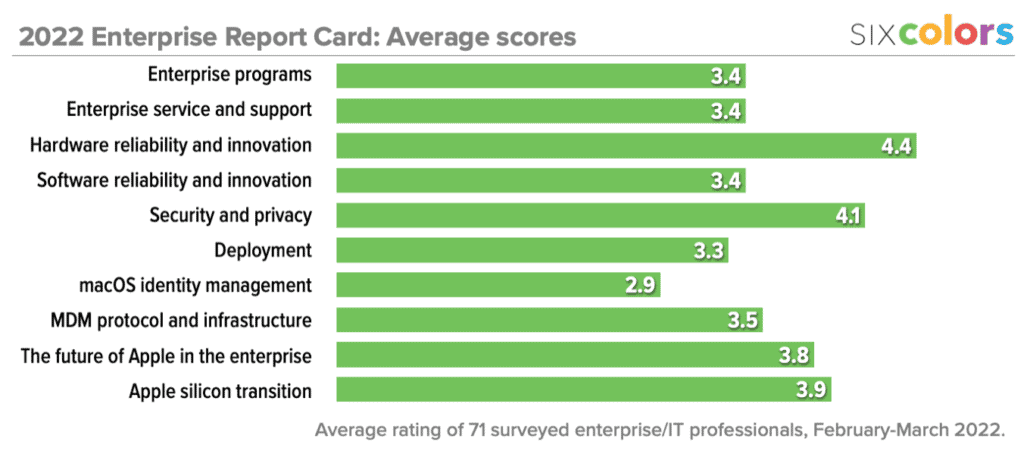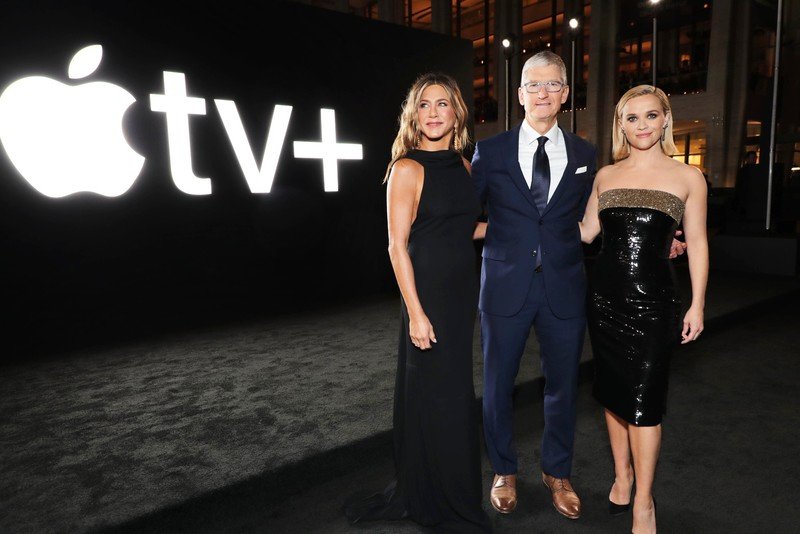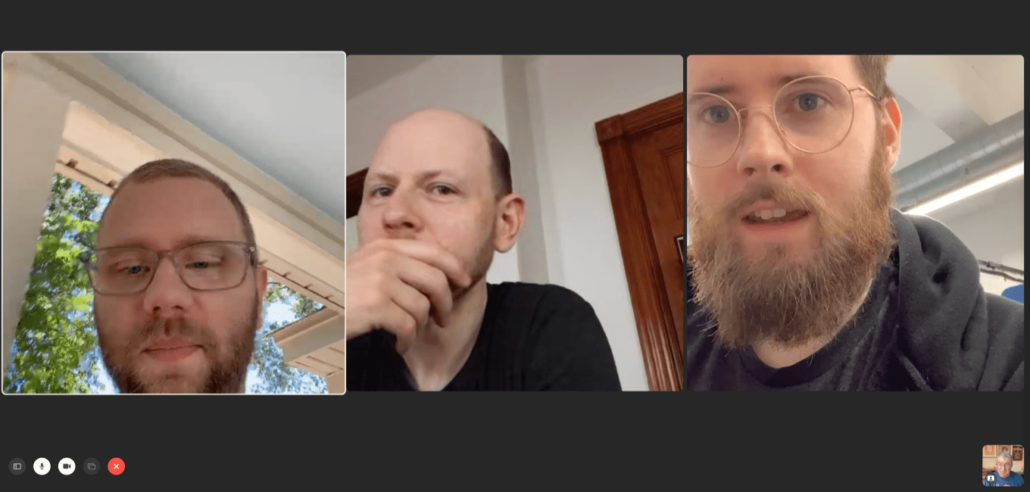
The good and bad of Apple Podcasts Subscriptions

I’m a participant in several podcast membership programs, which provide me with an important portion of my income. So of course Apple’s announcement of its new Apple Podcasts Subscriptions program hit a little closer to home than most of Apple’s product announcements do.
Now that I’ve had a week to think about the announcement, my feelings about the service are better in focus, but they’re still conflicted. Apple Podcasts Subscriptions has a lot going for it—but its limitations reinforce that this is really just a first attempt. Worse, Apple Podcasts Subscriptions highlights how some of Apple’s App Store policies effectively bar any other podcast app developer from competing with Apple.
Podcast listeners listen to podcasts
The most important feature of Apple Podcasts Subscriptions is that it meets people where they live. Perhaps the most important lesson I’ve learned in more than a decade of podcasting is that for all your presence on the web, on social media, in email, or in private communication channels like Slack and Discord, the single best place to reach podcast listeners is via the podcast. Not everyone does Facebook or Twitter or visit your website, but the entire podcast audience is listening to the podcast.
Apple Podcasts Subscriptions isn’t inside the podcast itself, but it’s the next best thing: the app that plays the podcast. (And the most popular app in the world for playing podcasts, at that.) A few taps later, using the same mechanism (and credit card) Apple uses for in-app purchases and subscriptions, money is flowing.
For everyone else doing paid podcasts, getting access requires going to a website, and tapping through a web form and adding your credit-card information. Ultimately, you’re led to a page where you’re given a custom feed you need to insert into your podcast player (often via an obscure method) in order to get your new, special members-only feed.
Which leads me to another brilliant choice on Apple’s part: Paid feeds can be an overlay on existing podcasts. So if you listen to Podcast X and decide to subscribe, your feed of Podcast X simply transforms into the paid version. New episodes appear, and episodes with ads are replaced with ad-free versions. If you cancel your subscription, the podcast reverts to the original. Eliminating the need to manually manage feeds makes the entire process vastly easier for listeners.
And while I don’t love the fact that Apple’s taking 30% of the proceeds for the first year of any subscription, its eventual 15% cut is not too far off from many competing services that podcasters use. And presumably the ease of subscribing within the Podcasts app will improve overall subscription numbers, which means Apple’s providing some real value for that cut.
Not only is this easier for the listeners, it’s also easier for the podcasters. As someone who has gone through the building of multiple membership programs over the last few years—it’s hard. Yes, it’s getting easier all the time, but it still requires a level of technical acumen that a lot of podcasters who aren’t tech nerds just don’t want to deal with. Apple handles the back-end, Apple handles the subscription downloads, Apple handles the taxes, Apple handles the credit cards.
A version 1.0 with missing features

To put Apple Podcasts Subscriptions in software terms, this is version 1.0. And it shows.
Podcasting is an industry driven by feeds, which automatically deliver content to listeners. But Apple Podcasts Subscriptions doesn’t support delivery of content via a feed—instead, all the subscriber-only content has to be manually uploaded to Apple’s servers via a web form. This is onerous on its own (now you’re using two different podcast management systems instead of one), but of course Spotify, Google, and others will announce their own plans and now you’re required to post the same content in a half-dozen different places.
The right solution is to offer an option to just take in content from a (secret, of course) podcast feed. And if an industry giant like Apple defined a specification for that feed’s format, it would probably be supported by everyone else, too. Podcast hosts could build in support for it, and podcasters could go back to only needing to publish in one place to serve all their audiences.
A lot of podcast membership programs come with more than just podcast content. For example, our membership program at The Incomparable provides access to a private Slack community, comes with additional goodies, and allows members to vote for which shows on the network they want to directly support. Relay FM offers access to a lively members-only Discord community. Alas, Apple Podcasts Subscriptions doesn’t enable anything beyond the podcasts themselves, because Apple doesn’t supply any sort of authentication system to let subscribers prove they’ve paid for the podcast and unlock other goodies.
Competition not welcome
But here’s the worst thing about Apple Podcasts Subscriptions: Apple’s own App Store policy. As you may have seen, Spotify announced its own subscription plan. Unfortunately, due to Apple’s policies, Spotify is essentially unable to let its users subscribe directly within its app, because it would need to use Apple’s in-app payment system. (I’m not sure if that would even be possible, since every single podcast subscription is a discrete product with the money going to a different source.)
Leaving big, bad Spotify aside, consider Overcast or Castro or Pocket Casts. These independent apps are likewise prevented by Apple’s policies from doing what Apple is doing. Even if they could figure out a way to implement Apple’s per-podcast subscription approach, they would have to hand Apple its cut, which is basically the same cut that Apple’s taking from Apple Podcasts Subscriptions.
Which means that, because Apple is the platform owner, Apple Podcasts is literally the only iOS app that’s allowed to offer a feature like Apple Podcasts Subscriptions. On its own, Apple Podcasts Subscriptions will make it harder for users to consider using a different app—especially if podcasts don’t offer subscriptions via other means. But those other apps won’t even be allowed to compete with Apple on their own merits, because the App Store rules effectively bar them from doing so.
The truth is, very few podcasters will choose to only use Apple Podcasts Subscriptions, because it’s limited to Apple’s platforms and Apple’s app. In fact, most podcasters will bypass Apple’s service, because it’s so limited in so many ways. The podcasts that would seriously benefit from adding a paid subscription plan have probably already implemented one. For all the complexity involved, an independent, web-based subscription system will work with every standards-based podcast player on every platform.
I’m interested in seeing how Apple Podcasts Subscriptions grows and changes over time, but right now it strikes me as a bit too little and a bit too late for most of its target audience. And the pall of Apple’s rules barring any competition sours me on it even more.


